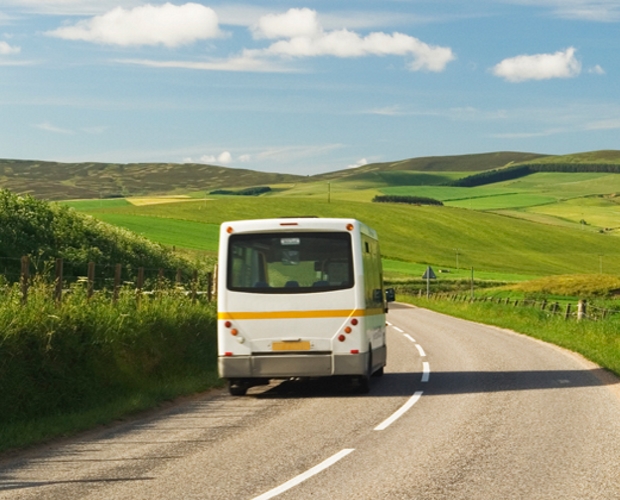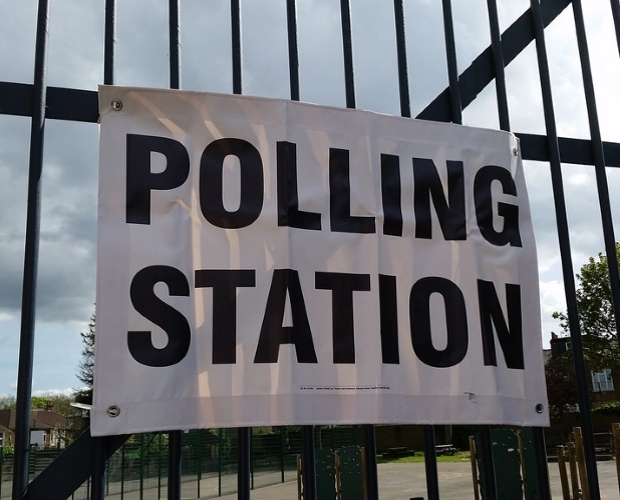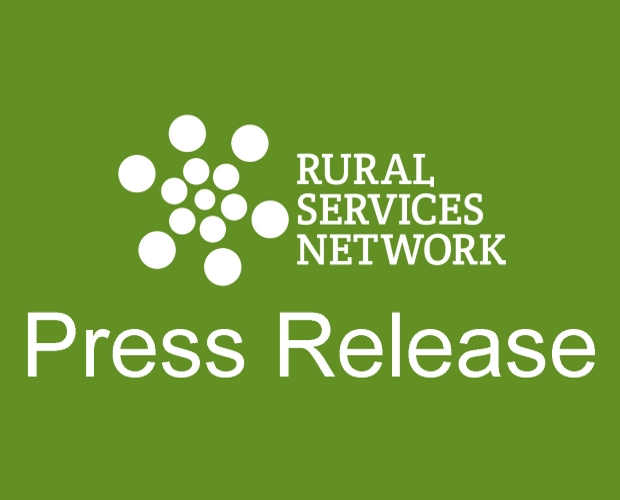T: 01822 851370 E: [email protected]
Visit RSN Survey about life in rural England to find out more.
Researchers have found that British passengers have access to a poorer bus service compared with our European neighbours, as reported by the Mirror. The study, by the Foundation for Integrated Transport, compared bus services in Shropshire with comparable areas in...
Both the Conservatives and Labour suffered disappointing results in the local elections, with Prime Minister Theresa May admitting the Tories had a ‘very difficult’ night. The Conservatives lost control of more than 35 councils and 1330 seats, whilst Labour lost...
Press release FOR IMMEDIATE RELEASE Friday, 1 March 2019 Rural services providers call on Government to seize opportunity to end “rural mainstreaming” Rural services providers and community organisations across England are today calling on the Government to produce an urgent...
A major project to tackle rural fuel poverty is to be funded by one of England's largest county councils. The iniaitive is being funded by North Yorkshire County Council to support those most at risk this winter as temperatures tumble....
NEWSLETTER
Sign up to receive all our latest news and updates.
HOT TOPICS
Amid reduced public spending, fair resource allocation across regions is crucial. Despite a population larger than Greater London, rural areas receive significantly less funding for essential services, even though delivering these services in rural areas is more expensive.
Economic growth is widely acknowledged as essential for national wealth and prosperity and is a priority for political parties. Rural economies, employing millions and home to a higher proportion of small businesses, have potential for growth if barriers are removed.
Rural residents face distinct healthcare challenges, including limited access to transport, longer distances to medical facilities, an aging demographic, housing inadequacies, digital connectivity gaps, and difficulties recruiting health and care workers.
Rural communities are grappling with a severe affordable housing crisis, marked by high house prices, a lack of affordable housing, elevated living costs, and lower incomes, threatening their sustainability and vitality.
Transport is vital for the quality of life and economic health of rural areas, yet it faces challenges such as infrequent public bus services and less Government funding compared to urban regions.
Rural areas, encompassing a substantial portion of England's population and land, play a pivotal role in combating climate change and achieving the net zero target.
In an increasingly digital world, the lack of robust digital infrastructure in rural areas severely limits access to crucial services and stifles economic growth.
A future-focused vision for rural communities involves not just building the right homes in the right places but also ensuring thriving, sustainable communities.
SIGN UP TO OUR NEWSLETTER
Sign up to our newsletter to receive all the latest news and updates.







